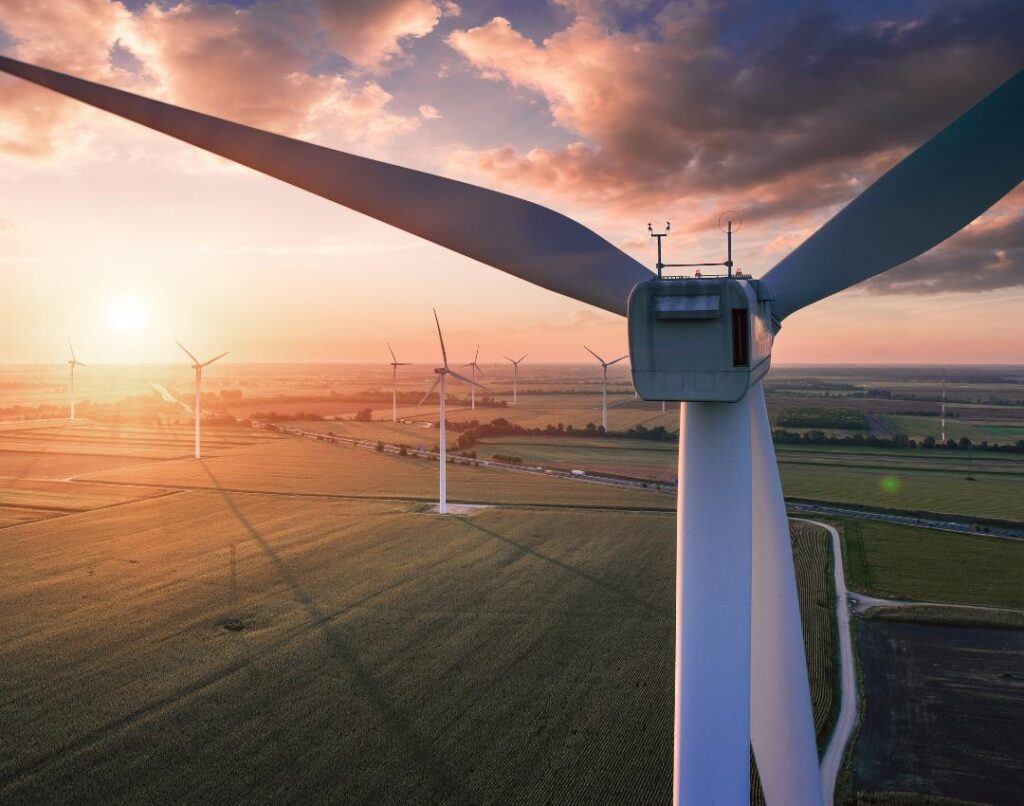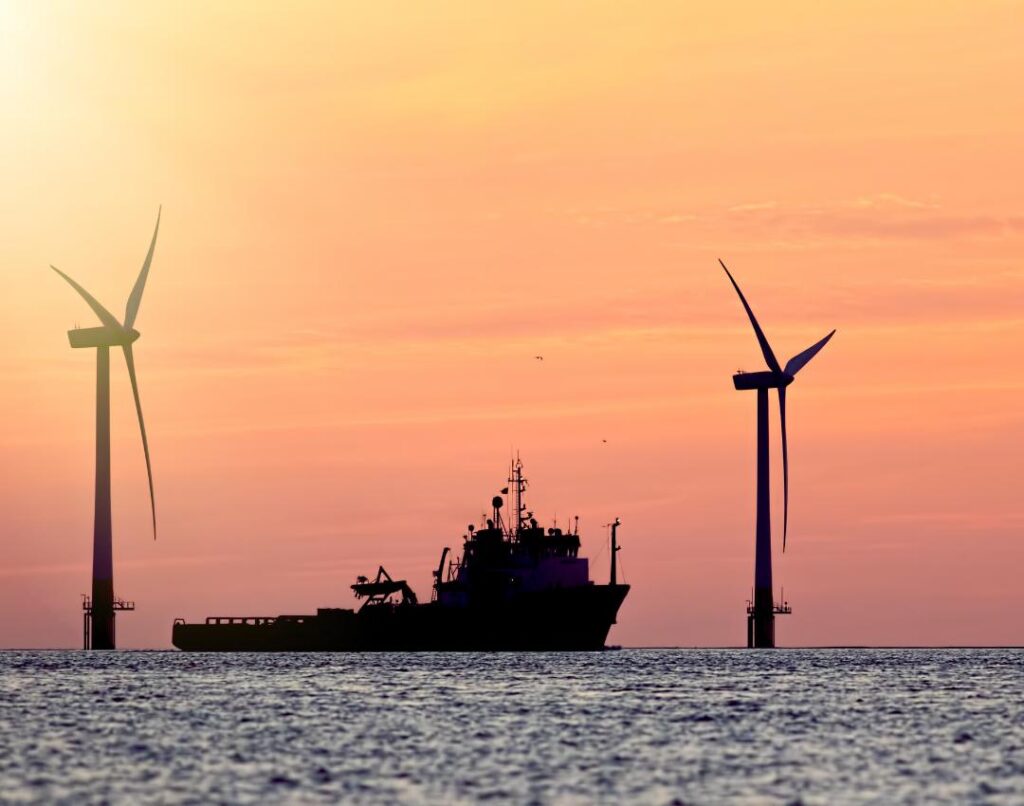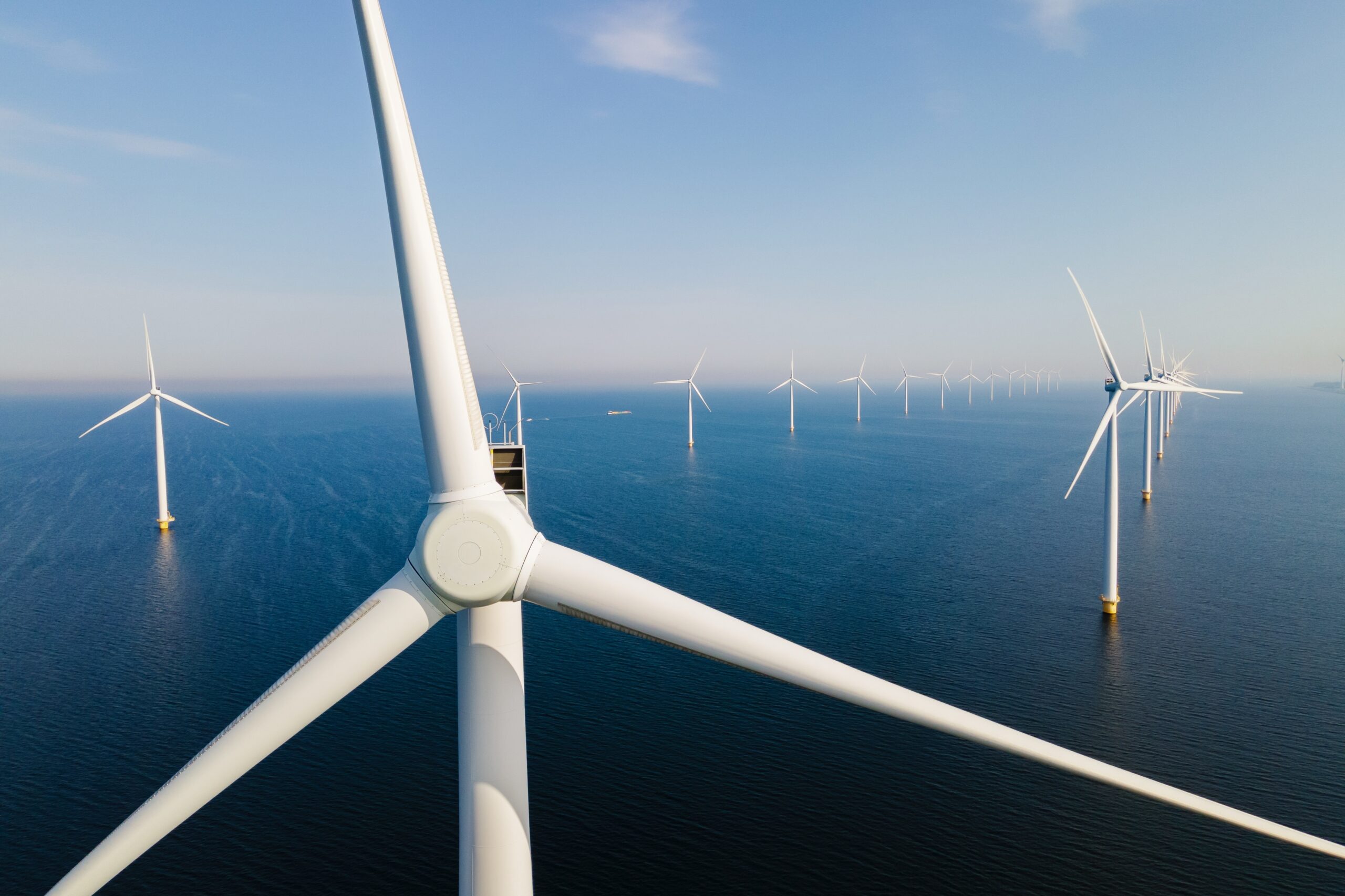Collaboration between the government and industry; long-term investment; and workforce sustainability. These future challenges were discussed by industry leaders and government officials at the annual OEUK Conference in Aberdeen last month, which Reed & Mackay attended alongside more than 300 delegates.
Taking these future challenges into account, we take a look at how they may affect the already complex travel needs of the Energy & Marine sector and what solutions can be found.
Decarbonisation and the workforce challenge
While the opportunities available in the energy sector are vast, one challenge is its ageing workforce; more than half of UK energy professionals are over 45. The struggle to attract young professionals threatens to undermine the industry’s ability to achieve its net-zero targets. While the focus has been on emissions reduction, building a sustainable workforce cannot be overlooked.
Sustainability initiatives are an area in which the sector can attract the next generation of workers, with 61% of workers aged 18-34 keen to see their company invest more in sustainability. Reed & Mackay General Manager Energy & Marine Graeme Fyvie believes sustainable travel will play a big part in the travel solutions for the energy sector. “Clients want sustainable options to be available on quotes for informed decision making, plus working with a travel management company (TMC) that has the ability to report on carbon emissions,” he says.
Through our partnership with SQUAKE, Reed & Mackay clients can view CO2 emissions data relating to all air, rail, car hire and hotel operations available to book. This gives better visibility of travel options, allowing bookers and travellers to make sustainable choices at each step of the booking experience and manage the carbon footprint of the travel programme.

Climate challenges
The conference highlighted that the increased frequency of severe weather has placed a greater strain on vital infrastructure. Furthermore, with extreme weather events becoming more common, the need for the right risk management and travel support, available any time, is critical.
Reed & Mackay’s 24/7 Global Incident Management Unit (IMU) provides continuous support for travellers should they be impacted by severe weather. The IMU provides real-time updates related to travel disruptions; a rapid response unit; and proactive re-accommodations before your travellers are disrupted.
Technology’s role in the Net-Zero journey
Technology in the Energy & Marine sector will play a pivotal role in the push to achieve Net Zero. While the technology needed to make change exists now, there must be a continued push to identify future technological advancements.
That means the same innovation is required for technology of the TMCs working with organisations in the Energy sector. As well as the comprehensive integration of CO2 data in Reed & Mackay’s platform, our latest technology updates are part of a series of user-experience enhancements being rolled out across Reed & Mackay’s proprietary platforms.
A vision for long-term investment
The need for long-term investment into an energy strategy that transcends political cycles, with a stable regulatory environment, is essential for the UK to secure the £1.4 trillion of investment needed to meet its Net-zero targets by the 2050 deadline. The conference also highlighted future opportunities, including offshore wind and carbon capture to drive the sector’s growth.
“Many airlines have an eye on the future and have introduced Green Energy fares to support travellers involved in renewable energy projects, such as floating offshore wind. Additionally, there is a notable shift in the make-up of car fleets, with a higher percentage of electric vehicles being included. Lastly, clients are increasingly taking carbon footprints into account when sourcing new hotel programs, ensuring alignment with their own sustainability policies” Fyvie shared.

Energy security amid global challenges
The current geo-political climate has placed energy security as an area of concern. The need for energy independence was highlighted at the OEUK conference by Parliamentary Under-Secretary of State at the Department for Energy Security and Net Zero Michael Shanks MP, citing the UK’s investment in floating offshore wind farms as an example of this.
“As we observe the shift away from traditional large-scale oil and gas rotations, we anticipate significant changes in the requirements for personnel involved in the planning and installation of renewable projects. Once these projects are established, we will transform to a more tailored approach for maintenance and service travel. This will result in fewer personal travelling and in general a reduction in Scope 3 carbon emissions” Fyvie adds.
Or mail [email protected] to discuss all of your Energy & Marine travel and event management needs.




